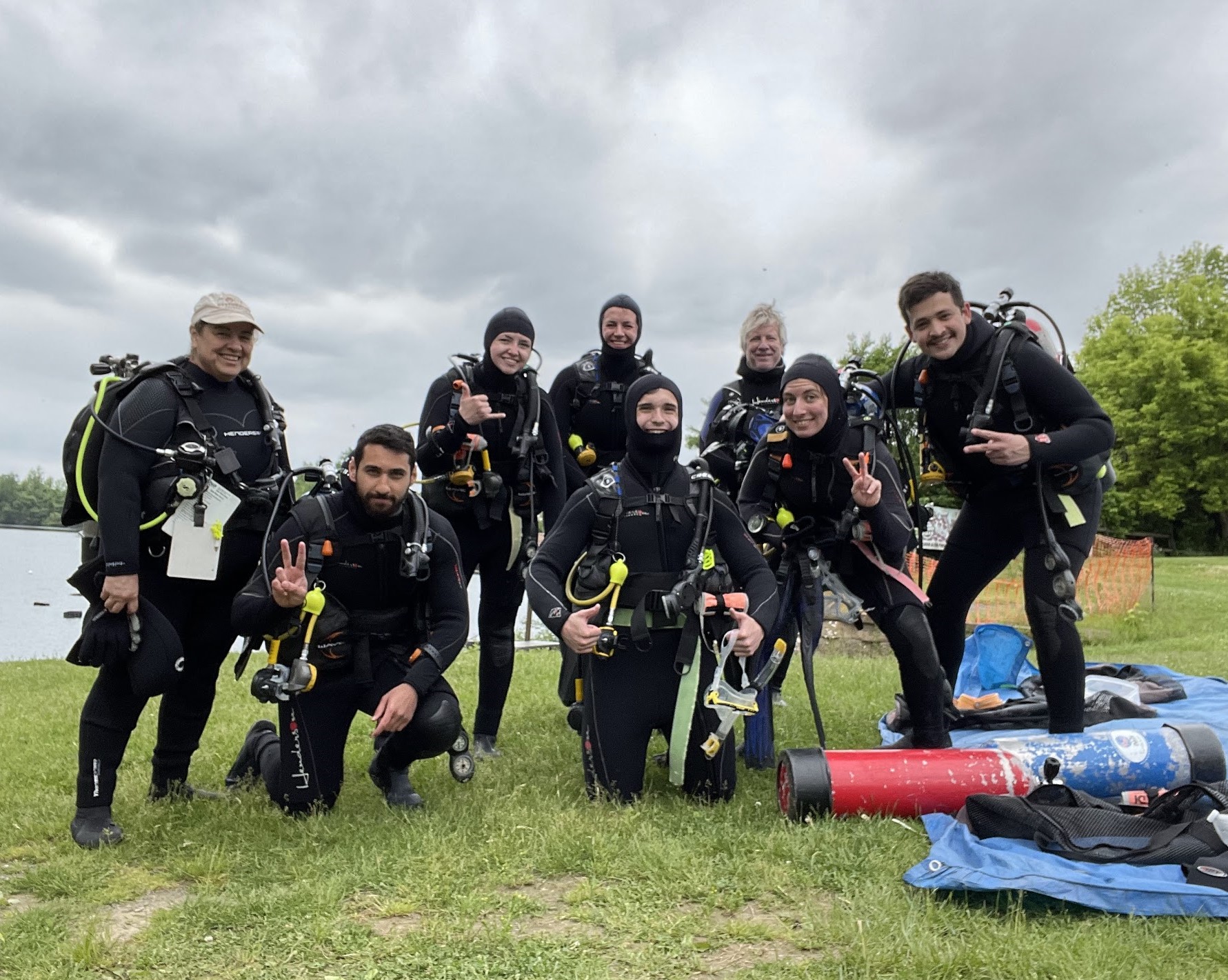If you’ve ever watched Carl Sagan’s Cosmosseries, you’ll have an idea of what witnessing theTopicsinMarine Scienceclass was like. The first lectures consisted of visitingocean scientists and professionals just discussing what they study and why, with an open floor for questions. Eachpresentation was filled with passion and connected ocean science to every other discipline imaginable, challenging you to think like a scientist on a planetary scale. The last half of the course was on taking what we learned in terms of information and presentation to ask our own research question in groups and presentin front of our peers. The goal was to work as a group and emphasize the importance of science communication as well as the data itself.I took the course as a distraction from my pre-medical courses butfound it to be the course that gave me the most energy throughout my undergraduate years.
Besides retaking the Topics course twice (once as a teacher’s assistant), I was curious about the rest of the department and spent time studying in the famous “COOL Room,” where I had open access totalking withgrad students and visiting professors about their careersand research.This, along with “Science Cafés” on Cook Campusand the Habitat Meetings run by Jackie Veatch and Professor Josh Kohut, made me feel part of aresearch cohort and further inspired me to get involved.I was humbled by seeing so many brilliant minds talk about things I didn’t understand—but I tried to maketime to ask, and every presenter was excited to teach in response.
The entire department is run with aphilosophyof holistic science.Marine systems are interdisciplinary—you must know a degree of biology, chemistry,and physics to appreciate its influence and apply it to research questions. Every peer, mentor,and administrator I met at DMCS wassupportive in teaching andin providing resources for my research and curriculum when minoring in Marine Science. As part of my degree, I received credit for gettingSCUBAcertified as an Open Water Diverand for runningmy own research trying to connect exposure to harmful-algal-blooms(HABs)topatient outcomes inthe COVID-19 pandemic.
In the early stages of my research, Iwas able to get valuable feedback on how to focus the project and get it presentable and publishing ready. Just as important, I found people who were just as excited about my research as I was. Theintersection of HABs and human public health sounds like a niche topic,but I was quickly connected to researcherslocally andacross the country who had specialized in exactly what I was proposing. Their advice and resources were invaluable, and thanks to their help and my research advisor, Dr. Hugh Roarty, I’ll be presenting and publishing my research at the 2022 OCEANS Conference.
It’s amazing what one course can do to define your undergraduate years.I plan to apply my knowledge and experiences from DMCS as a physician, whether specifically in dive medicine,public healthresearch, or as an educator. I know now that marine science isn’t just for marine scientists—I’ma rabbi in medical school, and what I learned at Rutgers DMCS strengthened my faith and gave me a unique background in epidemiology. The SCUBA certificate was an unexpected bonusbutis indicative of howRutgers DMCS wants you to learn, and why it’s such an amazing, forward-thinking center for learning.
I’m currently atSt. George’s Medical School under the CARE Scholarship, which means I’ll be back at Jersey ShoreUniversity Medical Centerin two years forclinicals. I’ll be sure to visit DMCS when I’m back!
-Evyatar “Avi” Kanik

